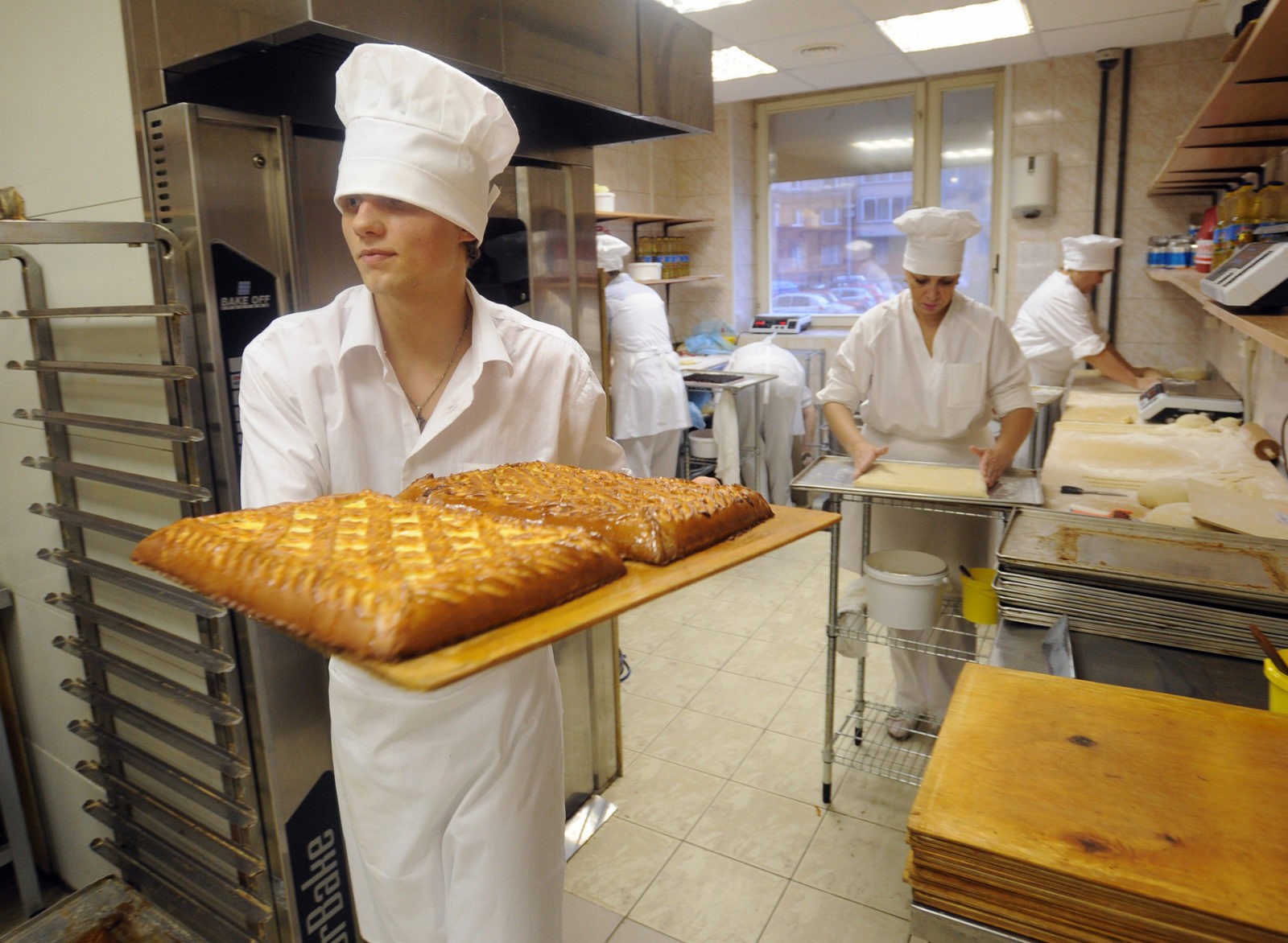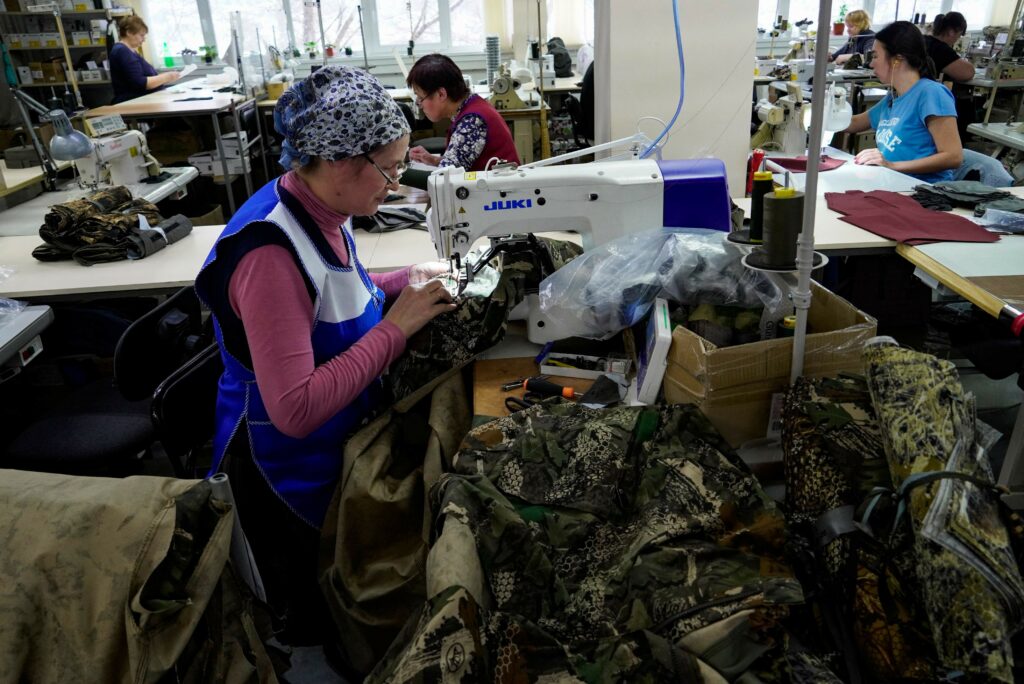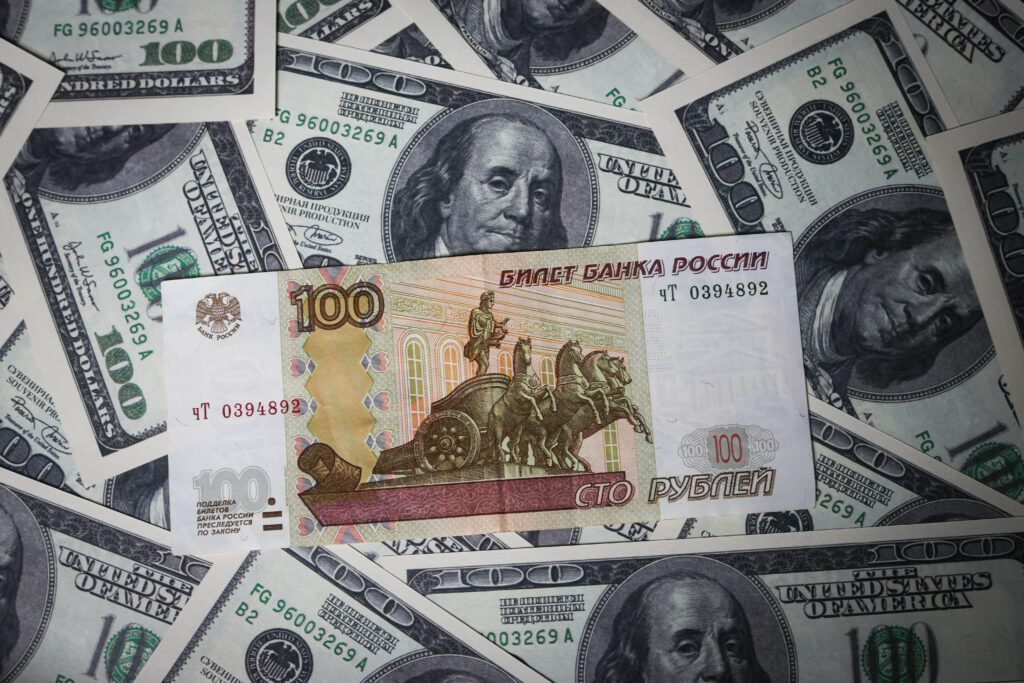In Russia the growth of a real middle-class and a healthy private sector is hindered at every step, largely in favour of a state-big business nexus. Whole industries — particularly in strategic sectors, are managed by state-owned monopolies; these have preferential access to banking finance, neatly highlighted by the political researcher Ilya Matveev.
The idea that the Russian political economy is a hybrid form of ‘state capitalism‘ is widely accepted. However, less attention is paid to how these processes affect entrepreneurship generally and the wider implications for society. Coercion to gain access to wealth and the violent form of corporate raiding are also widely studied. However, elite insiders’ appetite for unearned wealth and sources of economic rent means that even small businesses are subject to ‘taking’, rather than ‘trading’, to use Gerald Easter’s terms. This reflects a ‘maturing’ phase of insider elites, as well as how natural resources have already been ‘gathered back in’ by the state.
In most societies, the diversity of small and medium sized businesses is seen as a key indicator of the health of the economy, and society more generally. If family businesses are driven out, goes the logic, it’s because bigger capitalists have preferential access to power or the state; or it is because taxation and regulations are too burdensome for smaller operators. Russia suffers from both these structural obstacles, and things are getting worse rather than better. To explore this, let’s start from the big picture and progressively narrow focus to see how entrepreneurs are increasingly squeezed out and how informal ‘micro businesses’ are now one of the only viable alternatives for those without patronage from system insiders.
One way of understanding this is by looking at the share of ‘entrepreneurial incomes’ versus employment wages. In 2000, it was 15%; by 2018, it had halved, dropping to 7.5%. Incomes from property are microscopic — just 5%. So much for a broad property-owning class. The number of small and medium-sized enterprises (SMEs) is falling by 6−7% a year. We can also look at the average size of firms as an indicator. Labour researcher Stephen Crowley argues in a forthcoming book that Russia is an extreme case of the privileging of large enterprises. 80% of employment in manufacturing firms is in large companies; only 10% of the country’s workforce is employed in SMEs (in the EU, that number is 70%.) Since the Russia-Ukraine conflict and its economic side effects, consolidation has intensified; the vast majority of closures have hit small and medium firms.
There is evidence of monopolies and cartels growing and competition falling away. David Szakony reports 14% of firms in 2016 claiming they had ‘no competition’, a rise from 1% in 2013. Yet the number of ‘unfair competition’ court cases heard has fallen over the same period, while the Federal Monopolies Commission is notorious for pursuing SMEs in bureaucratic actions. Szakony summarises: Since 2014, SMEs have been squeezed by ‘skyrocketing interest rates, unsustainable tax burdens, and uncertain protection for their property rights.’
Ineffective government schemes
That the conditions and prognosis for SMEs are so bad is visible in the Sisyphean efforts of the Minister for Economic Development, Maksim Oreshkin. Schemes like low interest loans for restaurants and small shops are a drop in the ocean ($ 30m). They are in themselves ineffective too; almost exclusively, they go to ‘connected’ insiders at regional level. Indeed, the loan scheme mentioned above is in fact a policy reversal — a similar scheme was discontinued because it mainly benefitted the banks; it was also abused by businesses with political connections. In Kaluga region in 2017, for example, all the subsidized loans went to four companies owned by a single individual. But even if the scheme provided fair access, an individual entrepreneur in a low-margin business needs to make an assessment of the real interest rate, taking into account inflation. While inflation is slowing — to around 5% in 2019 — so is demand.
Another measure is the scrapping of the ‘imputed income’ tax on small businesses from 2021. In addition, for retail businesses there will be a broadening of the ‘compulsory barcoding’ of products to allow the state a real-time assessment of turnover and tax liability. While the idea behind these changes is to simultaneously prevent tax fraud and help small businesses by taxing their actual turnover, in reality, the reform is a blow: It will be costly and burdensome for small shops to install and service. An online ‘cash register’ requires much more work in marking stock and inventory control. Finally, proposals like ‘inspection holidays‘ to protect ‘conscientious’ business from excessive regulatory attention only underline how much predatory and corrupt power bureaucrats have over small businesses. While the rate of some inspections is falling, there has been a sharp rise in ‘unplanned’ visits by regulators — up 74%. There were over 220,000 visits by fire inspectors in Russia in 2018, for example. Many of which would have been ‘unplanned’ – i.e. spot checks. By contrast business spot checks in the UK — a notoriously ‘health and safety’ conscious regulatory environment, are in the order of a few thousand a year, and carried out on a risk-assessment basis. Regulatory inspection in Russia remains an area where bribe-taking can occur.
Tough life on the high street
These dynamics are visible in the changing patterns of shops and SME employment in small and medium sized towns. In the town of 20,000 people where I conduct field research, only two independent grocers remain. This is down from more than a dozen in the early 2000s. Three chains of mini-markets have taken their place — very convenient, but a classic example of cartel-like behaviour. One is owned by a state bank. The other two, by oligarchic interests. This pattern is mirrored more widely: around 40% of trade is controlled by large retailers. And the trend is on the rise. The poorest areas do without the chains completely, but even here a genuine local entrepreneur will struggle. A vocal observer has been Dmitrii Potapenko, who in 2017 offered a stark analysis — ‘a seven rouble difference in the price of a loaf of bread is a critically significant sum’ (then around 10 US cents) illustrating the extreme price sensitivity of consumers.
A similar trend exists in employment, whether in services or manufacturing. In the town I study, small producers of steel, building materials, and plastic manufacturers have either gone bust or sold up in the last ten years. Some of this is a natural process; many of these businesses were left-overs of large and outdated Soviet-era enterprises. A few with very special niches will hang on, but most are dying out. The local owner of a steel plant employing around 100 people recently sold out to a conglomerate, tired of bureaucratic swords of Damocles and fed up with competing with Chinese imports — but mostly exhausted by the experience of being an entrepreneur in Russia: ‘in business you need to know when it’s time to leave,’ he told me. Another more optimistic entrepreneur had just opened a high tech laser-cutting materials workshop with around 20 employees — just the kind of business Russia needs, making good use of its still impressive human and technical capital. However, it turns out this venture was more out of necessity than choice. His highly profitable prefabricated building business had been ‘taken over’ by competitors, against his will; another side-line in printing merchandising materials and school textbooks was frozen due to a seemingly endless tax inspection.
A slow dawn for startups
However, this doleful picture is not the whole story. There has been a statistically measurable rise in start ups — in micro-businesses — defined as having 15 employees or less. While starting small is typical the world over, in Russia it has specific connotations. The smaller the business, the more potential there is for it to disappear into the informal economy and escape taxation and regulation partly or entirely. Especially as the law on self-employment is unclear, as discussed in my last article. Indeed, one informal fix to burdensome and predatory state regulation is spinning off part of a business into the underground — a phenomenon I’ve witnessed first-hand. A large proportion of the informal economy is connected to micro-businesses — largely made up of sole-traders.
If the state wants to support legal micro business, one way would be to bring back their most visible incarnation — the street kiosk — typically selling newspapers and magazines, hot food and beverages, or even clothes, domestic goods and toys. While long bedevilled by issues like mafia extortion and high rents, these micro-retailers are making a comeback outside Moscow and St. Petersburg. While the demand is clear, there is a long way to go; besides, many municipalities are not keen on these small businesses. There are some 16,000 kiosks nationally, down from 42,000 some years ago. Certainly though, the resurrection of the kiosk, along with the high number of informal sole traders, shows that entrepreneurialism is alive and well in Russia. However, that this is limited to the niche of individual self-exploitation — whether in street kiosk or shadow economy self-employment — is far from the dream of popular ownership of the means of production that James Scott lauds for its emphasis on autonomy, civil society potential, and self-reliance.









